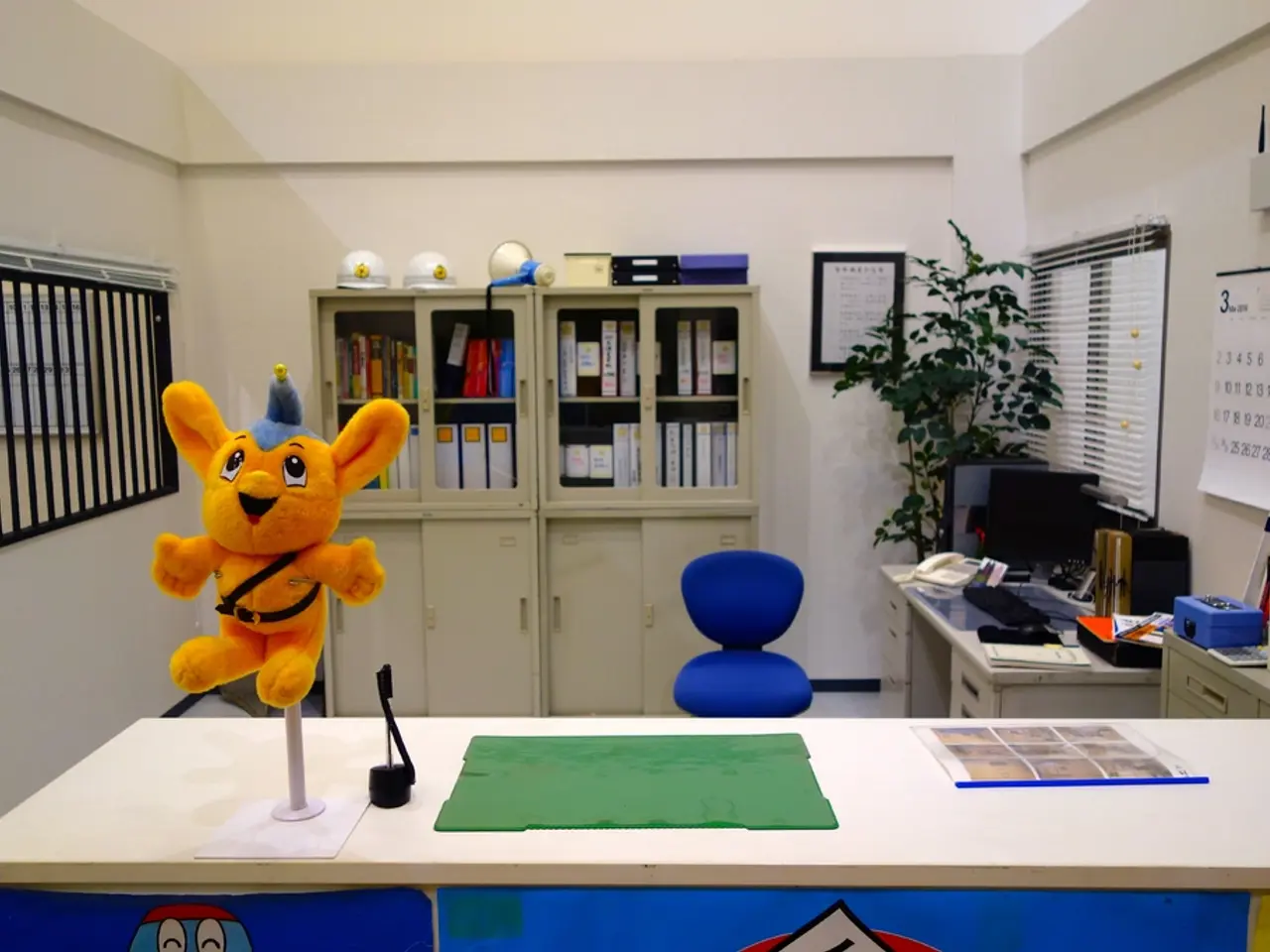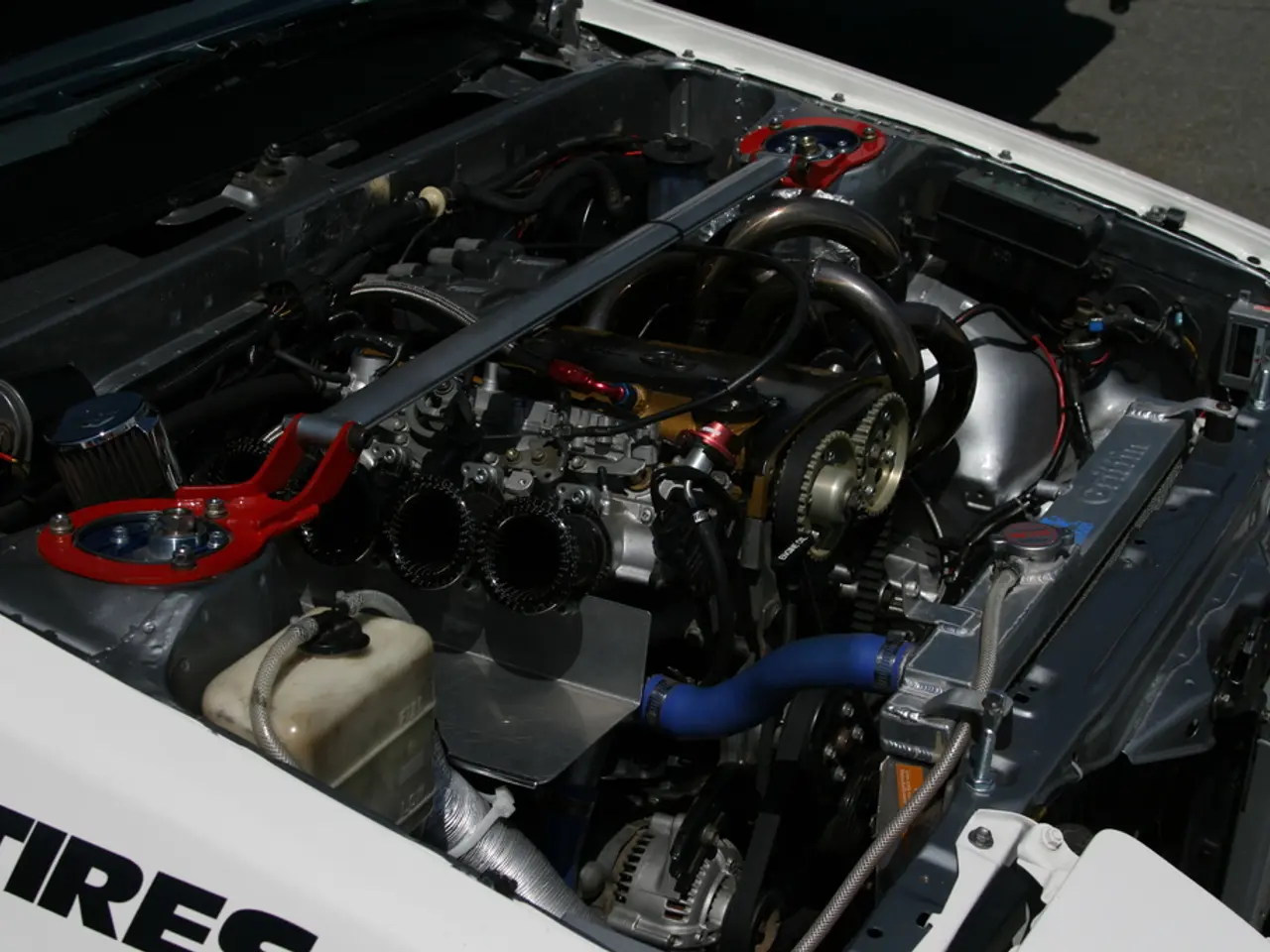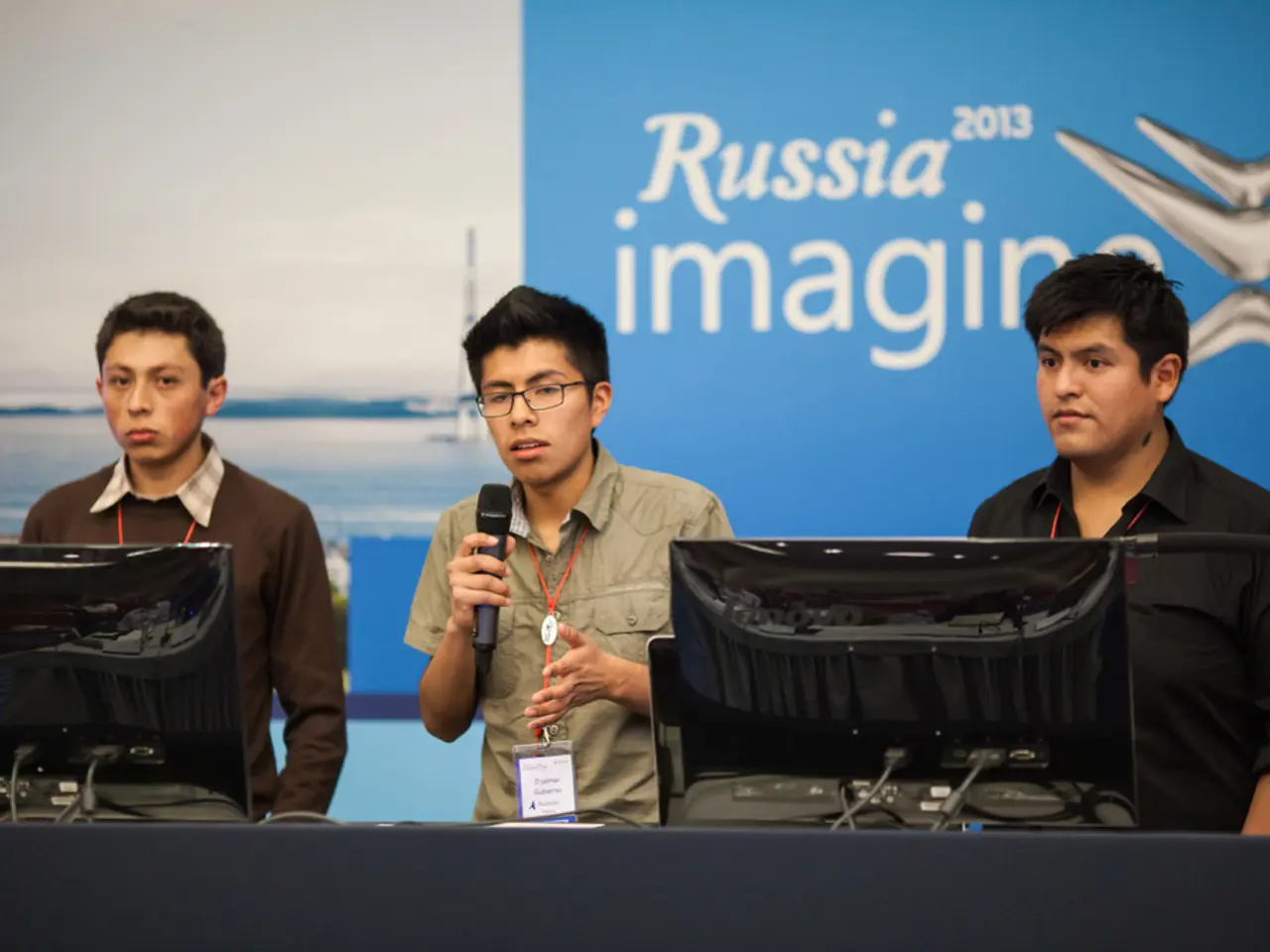Future Plans Unveiled for CERN's Circular Collider Project
=================================================================
The Future Circular Collider (FCC), a proposed particle collider by CERN, is set to revolutionize the field of particle physics with its ambitious design. The FCC, scheduled to be constructed in the Geneva basin near the Large Hadron Collider (LHC), is expected to be around 10 times more powerful than its predecessor.
The FCC project encompasses two phases: FCC-ee and FCC-hh. FCC-ee is an electron-positron collider designed to function as a Higgs, electroweak, and top quark factory with extreme precision. On the other hand, FCC-hh is a proton-proton collider operating at much higher energies than the LHC, pushing into a new energy regime to enable breakthrough discoveries in particle physics.
The potential benefits of the FCC are vast. It promises unparalleled reach in exploring fundamental physics at unprecedented distances and energy scales, potentially revealing new particles and forces. The precision Higgs and electroweak measurements from FCC-ee could deepen our understanding of the Standard Model and possibly uncover new physics phenomena beyond it. The FCC-hh proton collider will extend the energy frontier by about an order of magnitude beyond the LHC, opening possibilities for discovering unknown phenomena or particles inaccessible today.
However, the FCC project is not without its challenges. The scale of construction is enormous, involving a new 90.7 km tunnel and massive infrastructure, requiring substantial civil engineering effort and investment. Technical complexity includes designing extremely high-energy accelerators with advanced detectors and managing issues such as power consumption and sustainability. Funding and international collaboration logistics are critical and challenging, as the project depends on broad support from the global community and governments.
Despite these challenges, the FCC offers significant opportunities. Hosting such a project at CERN will sustain Europe’s leading role in high-energy physics, maintaining its strategic and scientific prominence. The project involves significant international collaboration, potentially fostering global scientific partnerships and skill development.
Contrary to some speculations, the FCC is not expected to turn the planet into a giant strangelet goo ball. The discovery of the Higgs Boson was a significant achievement, but the FCC is intended to look beyond the LHC's capabilities. The FCC is planned to cost around 20 billion euros at its highest, and the operation is not expected to begin until the late 2050s.
It's important to note that Elon Musk, despite his involvement in various technology ventures, does not have a documented role in the FCC project based on available information. The FCC is a scientific initiative led by CERN and the international physics community, with leadership and technical staff from academia and research institutions.
In summary, the Future Circular Collider project offers transformative scientific benefits in particle physics through its two-phase approach, although it faces major technical and logistical challenges. Despite the LHC's ongoing high-luminosity upgrade, scheduled for completion in 2026, the FCC represents the next step in our quest to understand the fundamental nature of the universe.
The ambitious Future Circular Collider (FCC) project, with its focus on space-and-astronomy and technology, aims to revolutionize the field of particle physics by exploring fundamental physics at unprecedented distances and energy scales. To achieve this, FCC encompasses two phases: FCC-ee, a precision Higgs and electroweak factory, and FCC-hh, a proton-proton collider designed to explore unknown phenomena or particles inaccessible today.




